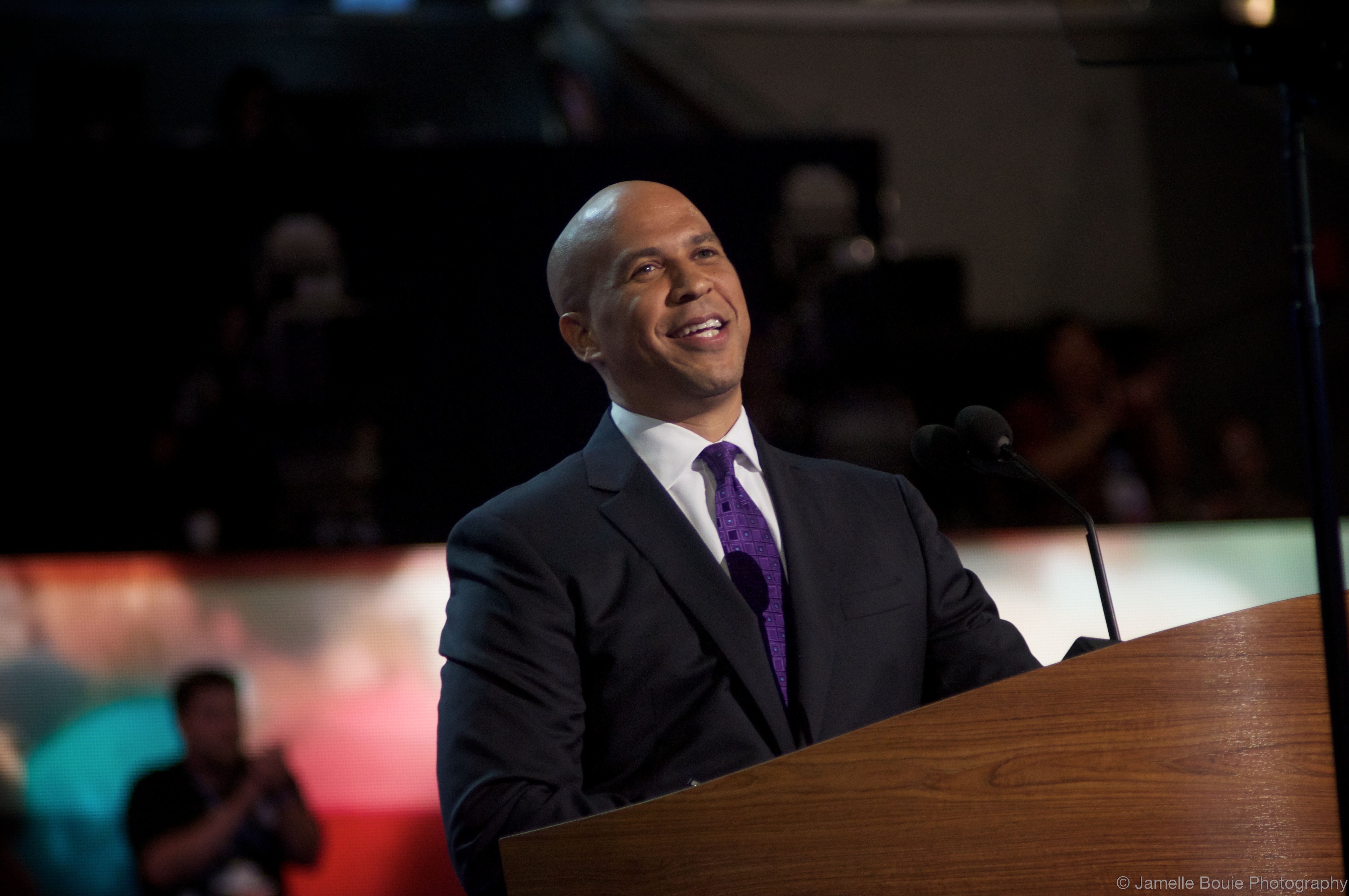Martin O’Malley’s recent exit from the Democratic primary after a disappointing showing in the Iowa Caucus failed to garner much attention from the national media. In that respect, it matched nicely with the nature of his campaign. In stark contrast to Hillary Clinton and Bernie Sanders, the former Maryland Governor’s long-shot presidential bid barely registered among primary goers and elites alike. As such, many saw O’Malley’s exit as little more than a blip on the radar for a Democratic primary that has enjoyed tremendous enthusiasm, unprecedented small donations, and decent debate ratings. Yet the former Maryland governor’s failed Presidential bid reveals a massive problem for the Democrats down the road: a severe lack of young leaders and stars in a party self-described as youthful, diverse, and progressive.
The apparent lack of a “party bench” for Democrats in 2016 and beyond began with Barack Obama’s election in 2008. Despite some early victories for the Obama Administration, including the Affordable Care Act and Dodd-Frank among other bills, the Democrats were unable to pass bold, liberal legislation after 2010. The midterm elections that year swept a host of Tea Party conservatives into Congress. This hardline conservative movement continues to stymie President Obama’s agenda today. As a result, congressional Democrats like Steve Israel, once a promising figure on the party stage, are leaving Washington due to how dysfunctional it has become. The conservative barricade faced by Congressional Democrats has blocked most avenues for progressive policy change, which has made it all the more difficult for younger Democrats to break out on the national stage. Without policy achievements to which they can attach themselves, and unable to use Obama’s presidency as a career accelerant, many potentially rising stars have become disillusioned “backbenchers.”
In contrast, the Tea Party has created massive turnover in the GOP. A string of “big government” legislation under the later years of Bush and the early years of the Obama Administration exposed a large swath of the general electorate that felt the country was moving in the wrong direction. The Tea Party’s grassroots response and corresponding devaluation of political experience have allowed the party to generate a substantial amount of new, electable talent. The movement’s dynamic get-out-the-vote and fundraising efforts as well as their embrace of anti-establishment candidates has allowed people like Marco Rubio, Ted Cruz, Rand Paul, and Tom Cotton to become immensely influential in Tea Party politics. In the past, such clout only came with years of political experience, but now up-and-coming politicians can acquire it in a relatively short amount of time. With over half of Republican voters wanting someone outside of the political establishment, lack of experience is now seen as more of an asset than a liability. The party’s top-down approach in picking candidates has been left in tatters, allowing ambitious new blood to enter. This new generation is adept at setting up robust ground games, getting out the vote, and reaching out to voters – everything that make a candidate competitive in midterm and general election cycles.
The clout of younger politicians is on the GOP side, in the form of Nikki Haley and Chris Christie to name the foremost examples. By comparison, the DNC’s party elite and national headliners are old establishment figures like the Clintons, Nancy Pelosi, and Joe Biden. One may argue that Bernie Sanders and Elizabeth Warren represent new faces of the party, and while one would be correct in that assumption, it doesn’t negate the fact that these two older politicians will not be in politics all that much longer.
While the Democratic bench is currently weak, that doesn’t mean it has no room to grow. The Democratic Party should be taking advantage of the parts of Obama’s agenda that have relatively recently been embraced by the general public in new majorities, like gun safety legislation, gay rights, and campaign finance reform, to invigorate the base and generate new, young political talent. It should also be noted that young political talent is out there, and as opposed to the current Democratic establishment, the next generation of party leaders will come from a wide range of races, sexual orientations, and genders. Women like Kamala Harris, Christine Quinn, and Kirsten Gillibrand are fresh faces in which the party needs to be investing more time and energy. Men like Corey Booker, Julian Castro, and, of course, Governor Martin O’Malley have been garnering national attention and have the charisma and vision to win national elections. Yet they don’t have the spotlight quite like the Marco Rubios on the other side of the aisle. Moving forward, the Democratic National Committee will have to invest in the national profiles of these candidates and replicate them in larger numbers to compete with the GOP’s greater ranks.
Fortunately for Democrats, the GOP will have to defend over 70 percent of the Senate seats up for reelection in 2016. To their credit, it’s apparent that the DNC and chairwoman Debbie Wasserman Schultz have picked fresh, top-tiered candidates to very likely take back the Senate and make a name for themselves on the national stage. In a Clinton or Sanders Administration, it is highly speculated that aforementioned politicians like Harris, Castro, or Booker would fill high-profile administrative and cabinet positions. This is exactly the type of attention and experience that younger Democrats need to become presidential material and to deepen the party bench.
The Republican Party as a whole was adrift after being routed in the 2008 election cycle. In subsequent years the party has found its stride in young anchors like Rubio, Christie, and Ted Cruz among others. In 2016, it will be up to the Democrats to see if they can find their own party anchors for the future generation; the Clintons will not be at the top of the ticket forever.
